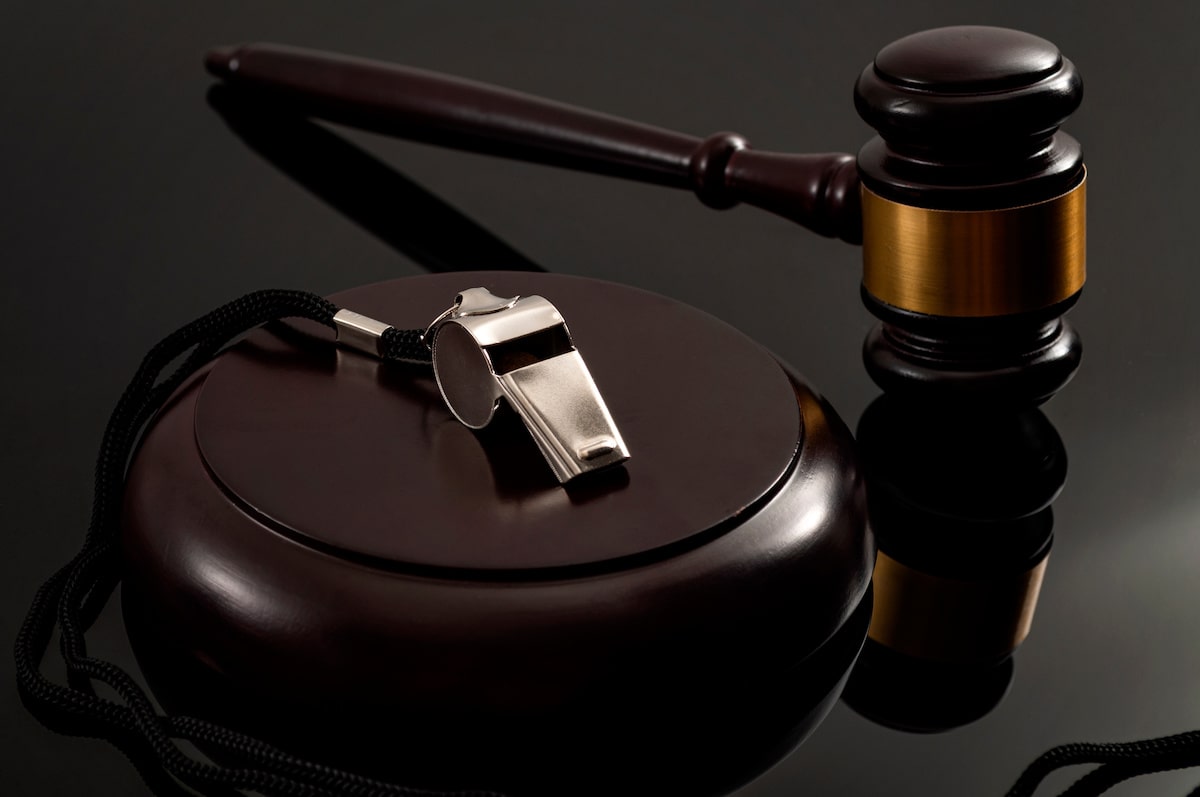Over the past few weeks I’ve blogged on Additional Living Expenses (ALE) and how case law has influenced the recovery of ALE in many states. There are exceptions to every rule, and over the next few weeks I will continue the ALE blog series and discuss the times where case law has indicated that ALE is not recoverable. Some of these cases are exceptions, but when adjusting a case, knowing where the exceptions are can be the difference between coverage for an insured or leaving the insured with out-of-pocket expenses.
As an attorney that practices in property insurance, I’ve come across the following situation too many times to count: The insured suffers a loss and the insured’s home is uninhabitable. The insured enters into a contract and incurs ALE under his or her policy. As adjustment communication breaks down between the insured and the insurer, the insurer refuses to pay out more monies under the policy. The insured may have contracted with a contractor to complete repairs to the dwelling and now due to the lack of funds the contractor has halted work. Let’s assume that the original estimate to complete work is 4 months and the insurer has paid for 4 months. The insurer cuts off ALE stating that the insured should have been able to complete repairs in 4 months as originally indicated. The insured is now left with additional ALE because he cannot return to his uncompleted dwelling. The insured argues that the delay in repairs is not their doing as they have “adjusted properly”.
The above scenario hardly seems fair to the insured. ALE is still incurred as a direct result of the loss but the insurer believes it owes no more ALE payments. However, there are cases an insured and his adjuster should be aware of as the negotiation for ALE continues. Unfortunately, where the policy provides ALE only for expenses incurred during repair of the property "as soon as possible," those expenses incurred because of unsubstantiated delay in completing repairs may not be recovered, where the insurer proved the repairs were estimated to be completed within a specified limit of time and the insured could not substantiate the reason for delay beyond that time.1
While an insured may be entitled to recover ALE during the time spent to repair or replace the dwelling, if incurred within the time specified in the policy, the insured may not recover ALE if steps are not taken within that time to repair or replace the dwelling, even if the repair or replacement could not proceed because the insurer refused to guarantee payment to the insured’s contractor, who agreed to finance the construction in the face of denials by lending institutions of loans to the insureds.2
When trying to recover ALE, properly documenting the claim and the reason for any delays on the time to repair or replace a dwelling is necessary to put an insured on notice that the adjustment must continue and that the time of adjustment should be included in the time to repair a dwelling to livable standards.
Where the policy affords ALE for the time required to repair or replace the dwelling or to settle permanently elsewhere, and the insured for more than a year following the loss fails to repair or replace the dwelling, then ALE was awarded only for the time it took for the insured to permanently settle elsewhere.3
1 Carlyon v. Aetna Casualty & Surety Co., 413 So. 2d 1355 (La. Ct. App. 3d Cir. 1982).
2 Hilley v. Allstate Ins. Co., 562 So. 2d 184 (Ala. 1990).
3 Clifton v. Louisiana Farm Bureau Cas. Ins. Co., et al., 510 So. 2d 759 (La. Ct. App. 1st Cir. 1987).



